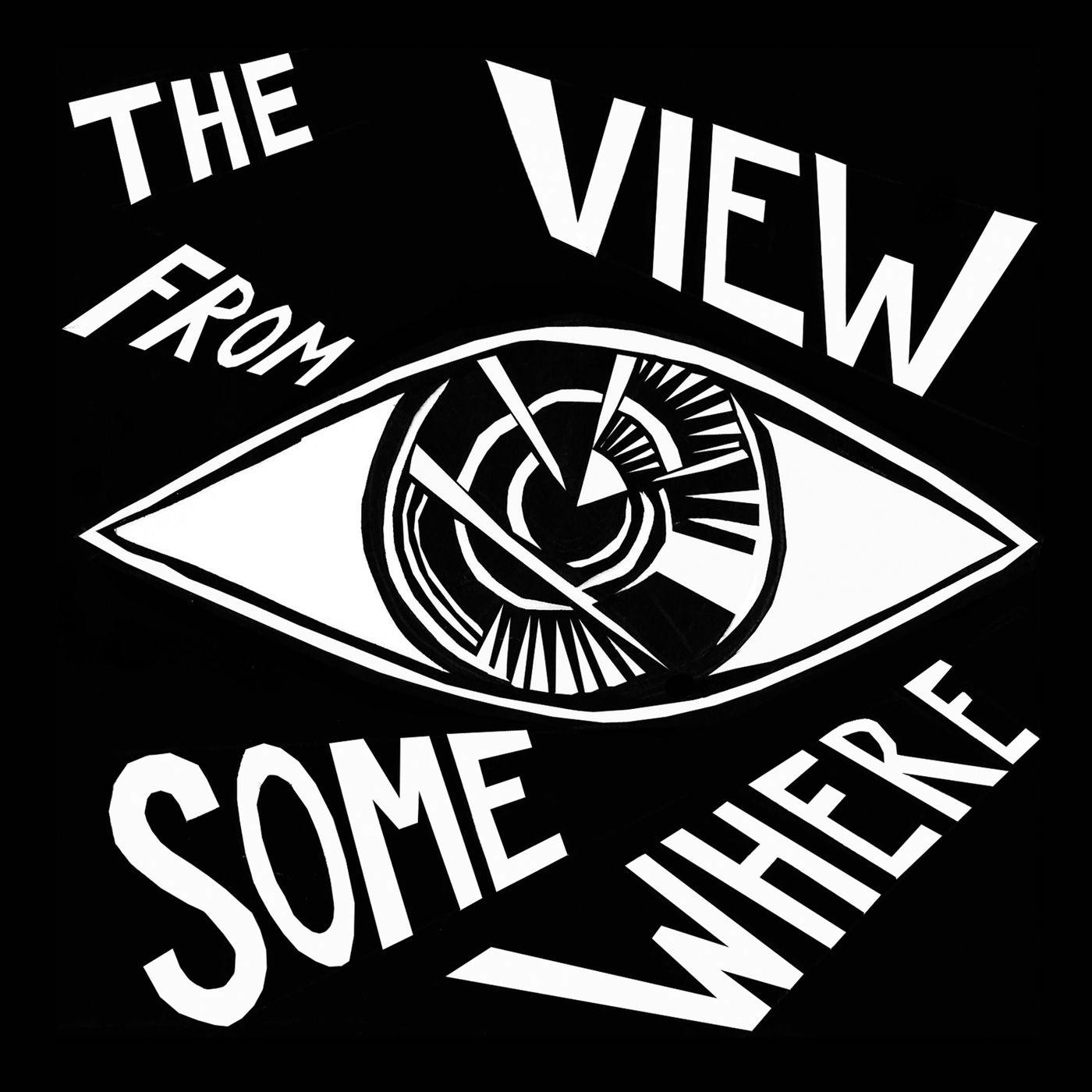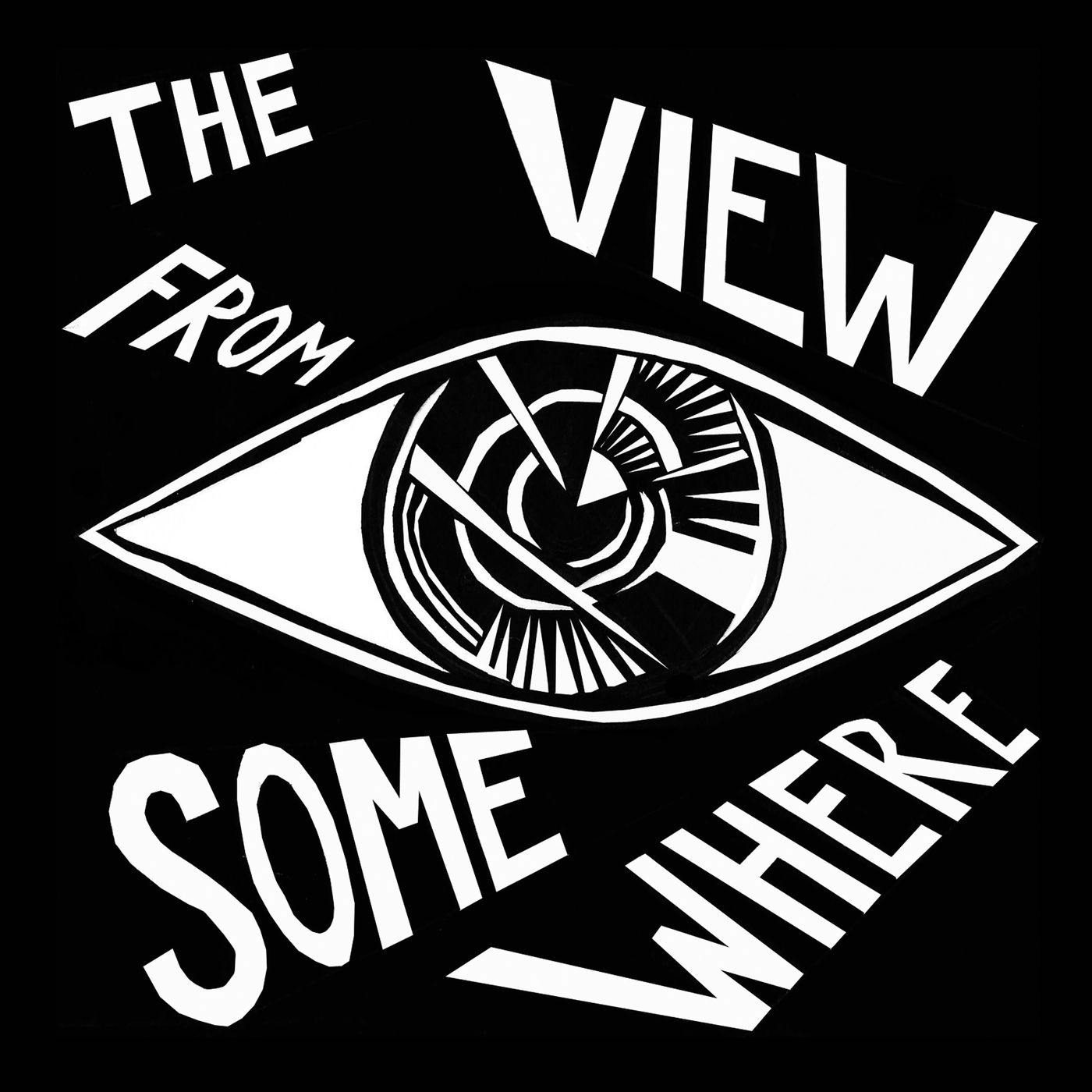Discover The View from Somewhere
The View from Somewhere

The View from Somewhere
Author: Critical Frequency
Subscribed: 173Played: 2,148Subscribe
Share
© Copyright Lewis Wallace
Description
Trust in journalists is at an all-time low, but the work of journalism matters more than ever. And traditional “objectivity” may be hurting, rather than helping. All journalists have a view from somewhere, and ”objective” journalism often upholds status quo thinking and reinforces racism, sexism, and transphobia. Host Lewis Raven Wallace was fired from the public radio show Marketplace in 2017 for saying just that. In the years since, Lewis has dug into the history of “objectivity,” who it serves, and who it excludes. The View from Somewhere tells the stories of journalists who have resisted “objectivity” and stood up for justice, and envisions new approaches to truth and integrity in journalism.
17 Episodes
Reverse
Reporter Tina Vasquez has always practiced movement journalism, or journalism in service to liberation—but it wasn’t until recently that she realized she had a community and an identity as a movement journalist. On this episode, we unpack this idea of “movement journalism”—what it is, why it matters for marginalized communities, and how it’s different from so-called advocacy journalism.
Learn more about your ad choices. Visit megaphone.fm/adchoices
Extractive journalism—reporting on communities without input or accountability—is the model for a lot of journalism in the U.S., especially journalism about low-income people and communities of color. But lots of people are and have been actively resisting this model. We hear from Sarah Alvarez of Outlier Media in Detroit and Bettina Chang of City Bureau in Chicago about building journalism organizations based on power-sharing rather than extraction, how information can save lives in pandemic times, and how the COVID-19 crisis has changed their work.
Learn more about your ad choices. Visit megaphone.fm/adchoices
Journalist and professor Steven Thrasher draws out the connections between coverage of HIV/AIDS and coverage of the COVID-19 pandemic in the United States. Thrasher joined us for Episode 8 about queer media history and AIDS. Also: How handwashing is a symbol for trust and the ability to be changed by new information.
Learn more about your ad choices. Visit megaphone.fm/adchoices
Host Lewis Raven Wallace talks about the need to seize a sense of possibility and imagination during the coronavirus pandemic, reads from The View from Somewhere book about reporting on the end of the world (standing in the rising water), and previews special programming coming soon.
Learn more about your ad choices. Visit megaphone.fm/adchoices
Is it racist? Are they lying? Some journalists are afraid to weigh in on facts even when they have good evidence. Why? Turns out there’s a whole history behind accusations of “liberal media bias” and the twisting of truth by Right Wing pundits. With expert commentary from historian Nicole Hemmer, journalism critic Jay Rosen, and poet and author Kevin Young, this episode explores the history of right wing media, “liberal media bias,” and how we can become truth swimmers, seeking multiple truths without giving up on truth altogether. It features the story of filmmaker Marlon Riggs and a brief dive into the origins of “Birtherism,” the conspiratorial accusation that President Barack Obama was born outside the United States. James Baldwin once wrote, “expose the question the answer hides.” He’s our guide for this episode.
Learn more about your ad choices. Visit megaphone.fm/adchoices
Former public radio reporter Brenda Salinas and former public television producer Cecilia Garcia reflect on how far public media hasn’t come on “diversity” in the last forty years—and why. Also: how producers of color can protect their magic. Lewis and Ramona share their experiences in public media, and suggest a different framework for thinking about “diversity.” Salinas, an NPR Kroc Fellow and a producer at KUT Austin, describes how she was pushed out of public media by racism and sexism; Garcia, creator of the bilingual Latino newsmagazine Para mi Pueblo, sat on a task force in 1977 calling for the kind of diversity public media still struggles with.
Learn more about your ad choices. Visit megaphone.fm/adchoices
Queer media has always been based in a personal experience, and being close to the story role served a particular purpose in a time of crisis. Sarah Schulman, Steven Thrasher, and John Scagliotti reflect on the history of queer media, from Scagliotti’s scrappy start in the 1970s, to Schulman’s groundbreaking reporting in the 1980s, to the work of the LGBTQ press to expose the truth about the AIDS crisis.
Learn more about your ad choices. Visit megaphone.fm/adchoices
Producer Ramona Martinez takes over as host for a “live” pledge drive in support of The View from Somewhere’s Kickstarter campaign—we’re close to our goal! She plays piano and takes a call from her cat Cyclops, who’s somehow figured out how to use a phone. Plus: The Twin Peaks theme song, and real live shedding of tears. This episode was inspired by the “Dan Roddlestein’s Holiday Hoopla” episode from the Dreamboy podcast.
Learn more about your ad choices. Visit megaphone.fm/adchoices
While on tour this past fall, host Lewis Raven Wallace heard a lot of questions—about how to change people’s minds, how to challenge “fake news” and disinformation, and how to change journalism collectively. In response, he reads from the conclusion of The View from Somewhere book, “The End of Journalism,” and fills us in on the crowdfunding campaign that’s now underway!
Learn more about your ad choices. Visit megaphone.fm/adchoices
He was one of the first Latinos to write for an anglo newspaper, covering the increasingly-active Chicano movement in Los Angeles. Professional distance from the story was important to him, but after cops killed him at a protest, he was transformed from an observer to a movement hero. Ramona Martinez shares a piece she produced for BackStory about this overlooked Latino legend.
Learn more about your ad choices. Visit megaphone.fm/adchoices
The heyday of “objective” journalism was short-lived—Civil Rights, the women’s movement, and the war in Vietnam all chipped away at it. Lewis Raven Wallace meets two rabble-rousing women reporters who engaged with Vietnam in very different ways, Laura Palmer and Kerry Gruson. Both walked away with the conclusion that serving the truth is full of gray areas.
Learn more about your ad choices. Visit megaphone.fm/adchoices
Whose voices and stories have been lost because they were pushed out of journalism altogether? Marvel Cooke was a groundbreaking Black woman journalist who reported on labor in the 1940s and organized a union with the Newspaper Guild in the 1930s, is one of countless storytellers nearly forgotten by history because they were too radical. Lewis Raven Wallace talks to playwright Jacqueline Lawton and editor Carla Murphy about their experiences as Black women rediscovering Cooke’s story.
Learn more about your ad choices. Visit megaphone.fm/adchoices
Queer and trans journalist Lewis Raven Wallace is on a mission to find other reporters like him, who were fired or persecuted for advocating for their communities. He finds Sandy Nelson, a former Tacoma News-Tribune reporter who waged a seven-year battle for her rights as a worker, and a lesbian, socialist journalist. He also learns about the first reporter to ever be fired for not being “objective,” back in the 1930s.
Learn more about your ad choices. Visit megaphone.fm/adchoices
New York Times Magazine reporter Nikole Hannah-Jones argues that all journalism is a form of activism. Host Lewis Raven Wallace talks to Hannah-Jones, plus historians David Mindich and Mia Bay, about the enduring influence of Ida B. Wells and the early Black press, who uncovered stories about lynching the white press was unwilling to tell. They explore how early “objective” news failed in its coverage of lynching, and how “objectivity” can fall short in coverage of racial violence now.
Learn more about your ad choices. Visit megaphone.fm/adchoices
Before 2014, police killings of unarmed Black people weren’t a huge news story. Washington Post reporter Wesley Lowery, Ferguson activist Johnetta Elzie, and host Lewis Raven Wallace look at how media reacted after police killed Michael Brown in 2014, and how #BlackLivesMatter changed the news. Wallace and Lowery reflect on how “objective” outlets failed to cover Black death at the hands of police until activists forced their hand.
Learn more about your ad choices. Visit megaphone.fm/adchoices
“Objectivity is dead, and I’m okay with it.” That’s what public radio journalist Lewis Raven Wallace wrote in a blog post just after Donald Trump’s 2017 inauguration. Wallace called on other journalists to stand up to Trump’s racism and transphobia. His employer, Marketplace, fired him for this post—on this episode, he talks to producer Ramona Martinez and journalism historian David Mindich about what he’s learned since.
Learn more about your ad choices. Visit megaphone.fm/adchoices
Introducing The View from Somewhere! All journalists have a view from somewhere, and ”objective” journalism often upholds status quo thinking and reinforces racism, sexism, and transphobia. This show tells the stories of journalists who have resisted “objectivity” and stood up for justice, and envisions new approaches to truth and integrity in journalism.
Learn more about your ad choices. Visit megaphone.fm/adchoices






















